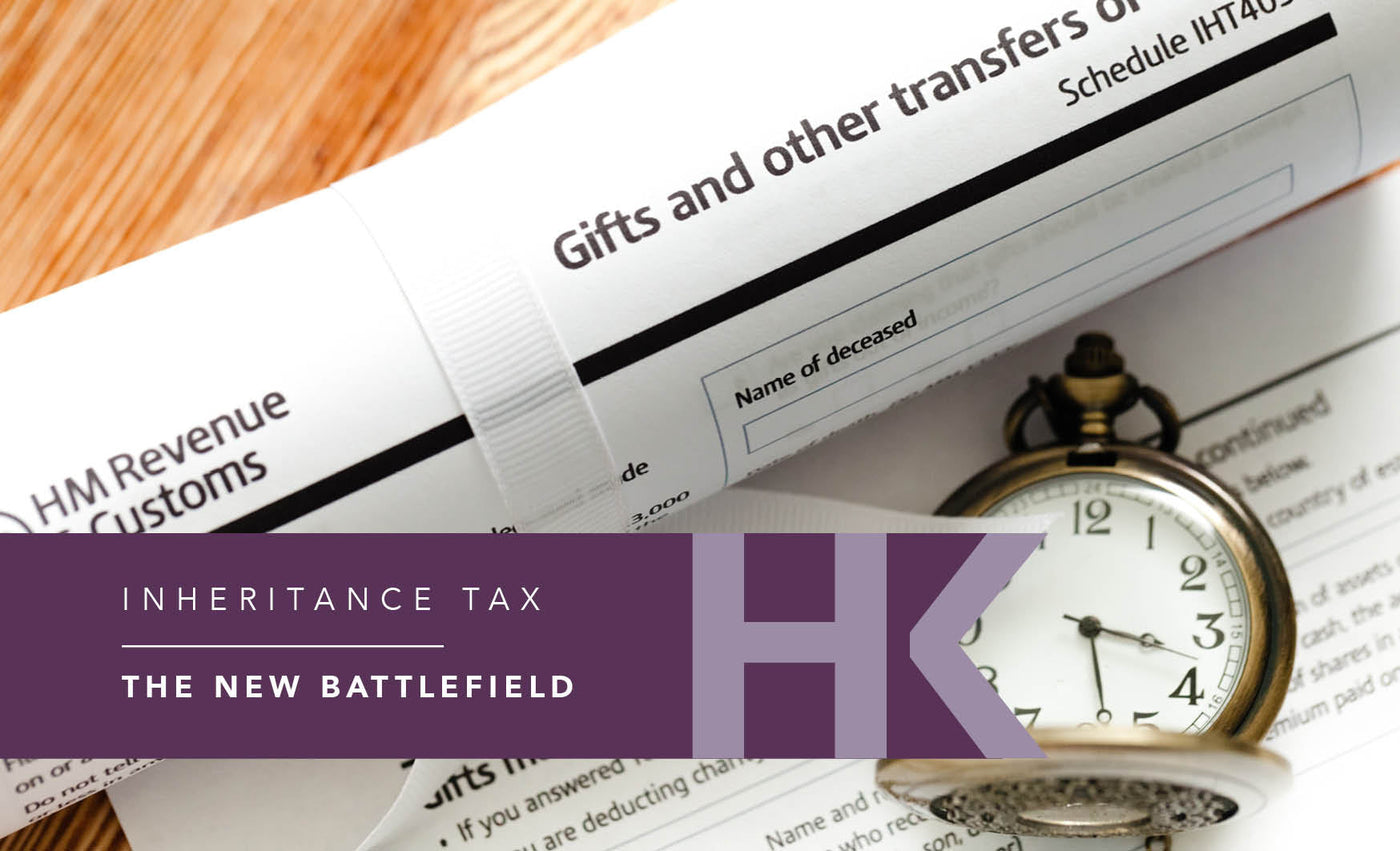
Understanding Inheritance Tax
Inheritance tax (IHT) is a critical financial issue affecting many individuals in the United Kingdom. As property values climb and the economy fluctuates, understanding IHT has never been more essential. The tax comes into play when an individual passes away, and their estate’s total value exceeds a specific threshold, known as the nil-rate band, currently set at £325,000. In 2023, with housing prices reaching record highs in many areas, the relevance of inheritance tax has captured public interest.
Current Rates and Exemptions
As per the latest guidelines from HM Revenue and Customs (HMRC), inheritance tax is applied at a rate of 40% on the value of an estate surpassing the nil-rate threshold. However, there are various exemptions and reliefs available that can help reduce an estate’s liability. For instance, when leaving the main residence to children or grandchildren, there is an additional residence nil-rate band, which increases the tax-free threshold to £500,000. This means that effectively an estate valued up to £1 million can be passed on without incurring tax, provided the conditions are met.
Recent Changes and Public Sentiment
The past year has seen increasing debate around the fairness and structure of inheritance tax. Prime Minister Rishi Sunak and the government have faced pressure from various sides, including advocacy groups campaigning for reforms to make the tax system more equitable. Some argue that IHT disproportionately affects middle-class families, while others emphasize its role in redistributing wealth. The latest survey by Which? revealed that a majority of Britons believe the threshold for inheritance tax should be raised to accommodate rising house prices and living costs.
Planning for Inheritance Tax
Given the potential impact of inheritance tax, financial planning is vital for individuals looking to safeguard their family’s wealth. Many are turning to estate planning solutions such as trusts, gifts, and various charitable donations to mitigate the future tax burden. Consulting with financial advisors on how to structure one’s estate can yield significant tax benefits and ensure that loved ones are less financially impacted by this tax upon death.
Conclusion
In summary, inheritance tax remains a pressing concern for many in the UK, particularly as economic shifts continue to affect property values. With potential reforms and varying public opinions, it is crucial for individuals to stay informed and consider financial strategies to alleviate the effects of this tax on their estates. As discussions of tax policies progress, experts advise that proactive financial planning will be more crucial than ever for future generations, transforming the challenging landscape of inheritance tax into a manageable aspect of estate management.
You may also like

Understanding Tax: Its Importance and Recent Changes

Current Insights on Shell Share Price
